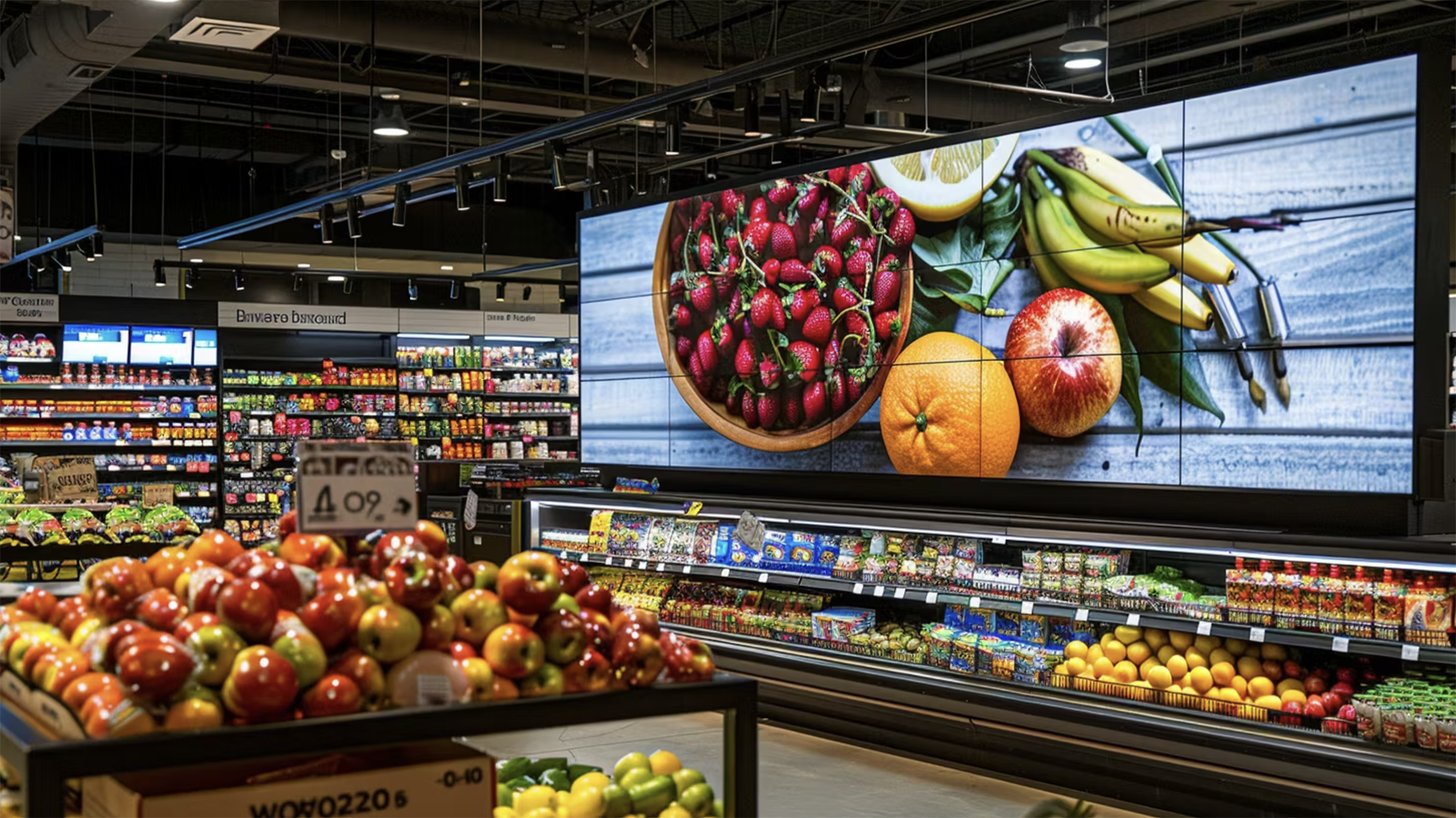The Rise of Private Brands: An Analysis of Walmart's New Strategy
.png)
At a Glance
- Private Brands are evolving as unique differentiators
- 65% of grocers to expand Private Brand offerings
- 73% of shoppers are choosing Private Brands
- Walmart's "better goods" highlights evolving Private Brands
- Products are priced under $5
The grocery industry is seeing a notable shift as retailers increasingly adopt private brands to stand out in a competitive, inflation-affected market. Walmart’s recent expansion into private labels with its bettergoods brand highlights this trend and signals a wider industry transformation.
Private Brands Amid Economic Pressures
Private brands are evolving from being perceived as generic alternatives to national brands to becoming unique products that offer consumers a combination of quality, affordability, and exclusivity. This shift is particularly important in the grocery sector, which operates on razor-thin margins and faces high employee turnover and significant attrition rates. For Walmart, the nation's largest grocer by revenue, private brands like bettergoods not only offer a way to stand out but also cater to a growing segment of consumers seeking 'elevated culinary experiences' without the premium price tag.
Walmart's Strategic Launch of Bettergoods
Walmart's launch of bettergoods marks the company’s most significant private brands debut in over two decades, showcasing a shift towards offering more than just low-cost alternatives. The bettergoods line includes organic, gluten-free, and plant-based options, aligning with current consumer preferences and dietary trends. With most products priced under $5, Walmart addresses the inflationary pressures that drive consumers towards more affordable shopping choices without compromising on quality or experience.
This strategic move is not just about price. Walmart’s emphasis on unique flavors and high-quality ingredients aims to attract a diverse consumer base, including higher-income shoppers who might not typically consider store brands.
Industry Trends and Consumer Response
State of Digital Grocery Performance data underscores the strategic importance of private brands in the current economic climate:
Increasing Private Brand Presence - In 2024, 65% of grocers expressed intentions to expand their private brands offerings, driven by the need to improve profitability amidst dissatisfaction with the profitability of their e-commerce operations.
Inflation Response - As of April 2023, 57% of grocers were aggressively promoting private brands as a strategy to mitigate the impact of inflation on consumers.
Shopper Adoption - Since January 2023, 73% of shoppers have opted for a private brand, reflecting a significant shift in consumer purchasing behavior towards more cost-effective alternatives.
Impact on the Grocery Industry
Walmart’s focus on private brands is setting a precedent that other retailers are following. Target and Kroger are also expanding their private brand offerings, with Target reformulating its Up&Up brand and Kroger planning to introduce over 800 new products to its brand portfolio. This trend underscores a shift in consumer behavior, where loyalty to national brands is being tested by the attractive price points and improved quality of private labels.
Advantages of Private Brands for Grocers
Control Over Sourcing and Pricing - Retailers can manage production costs more directly, allowing for competitive pricing.
Differentiation - Private labels can be tailored to meet specific consumer needs, helping stores stand out.
Brand Loyalty - Well-executed private labels foster consumer loyalty, encouraging repeat visits.
Conclusion
The resurgence of private labels in the grocery sector, led by Walmart's strategic launch of bettergoods, reflects a broader industry trend towards offering consumers high-quality, affordable alternatives to national brands. This shift is likely to continue as other retailers recognize the benefits of private labels in building brand loyalty, differentiating product offerings, and appealing to price-sensitive consumers.


.png)





.png)


